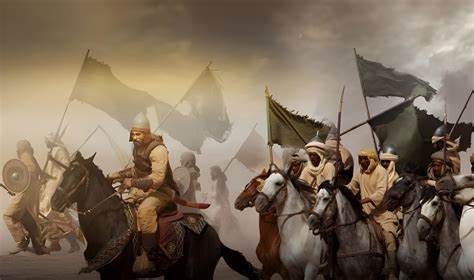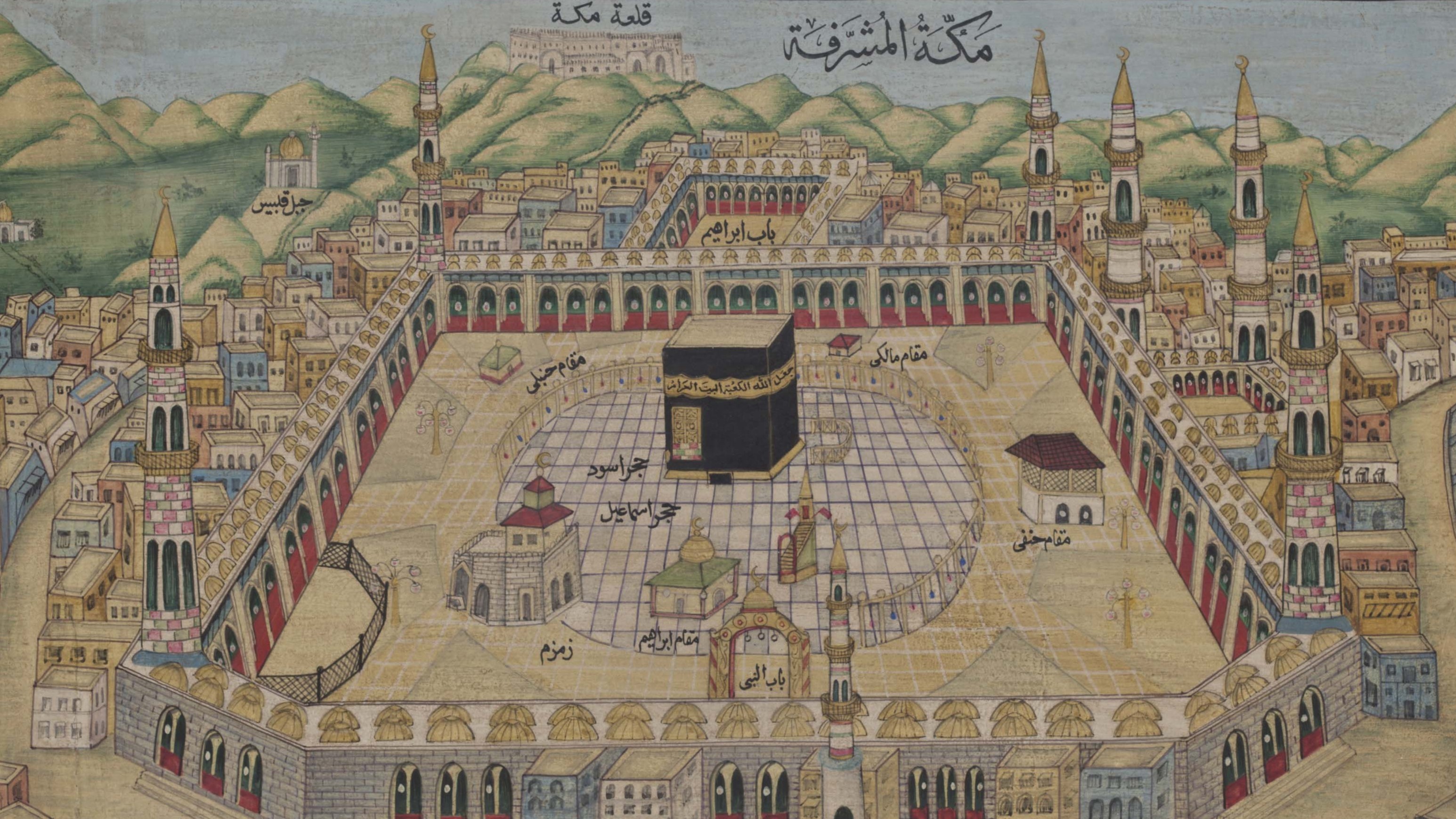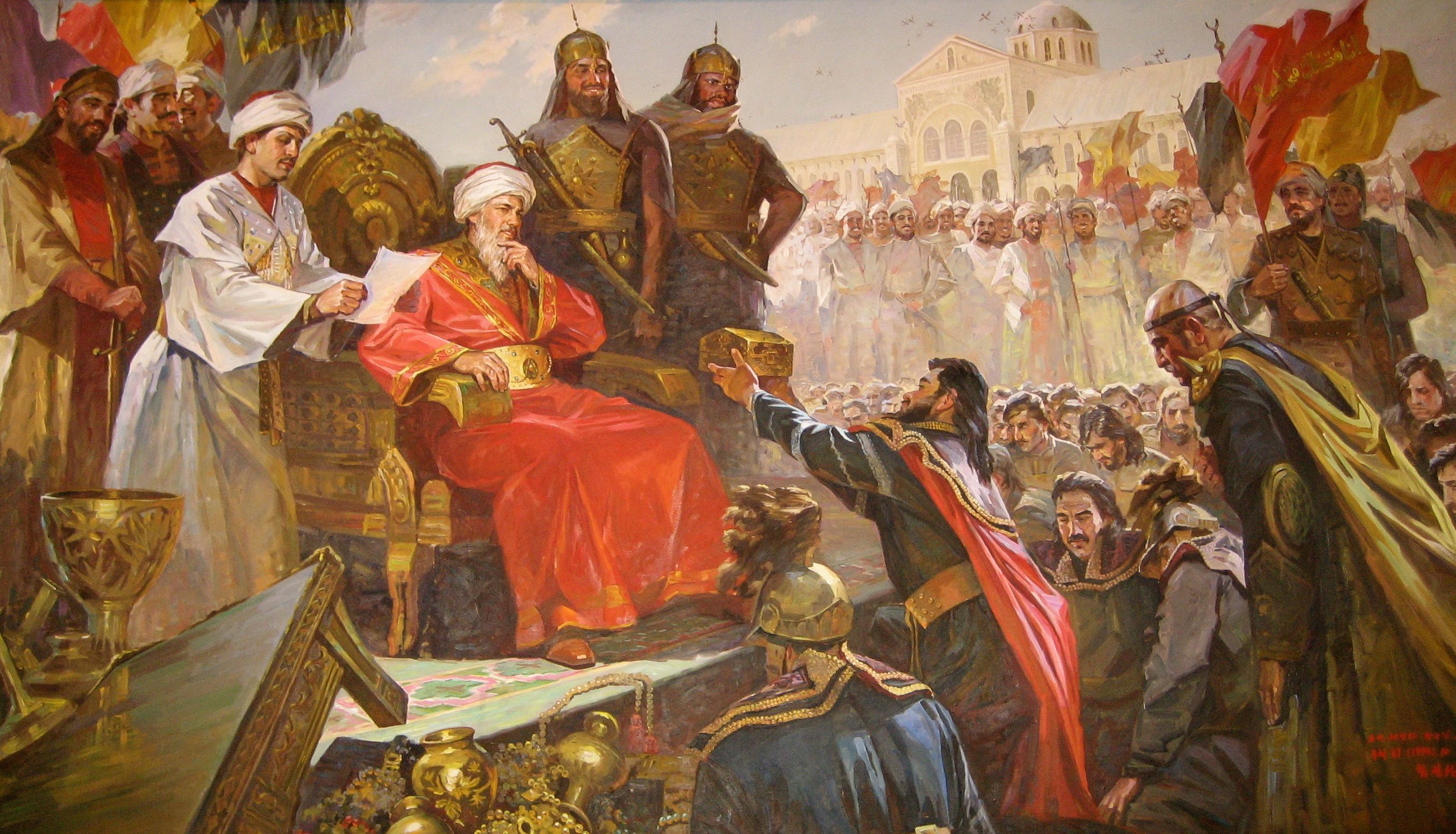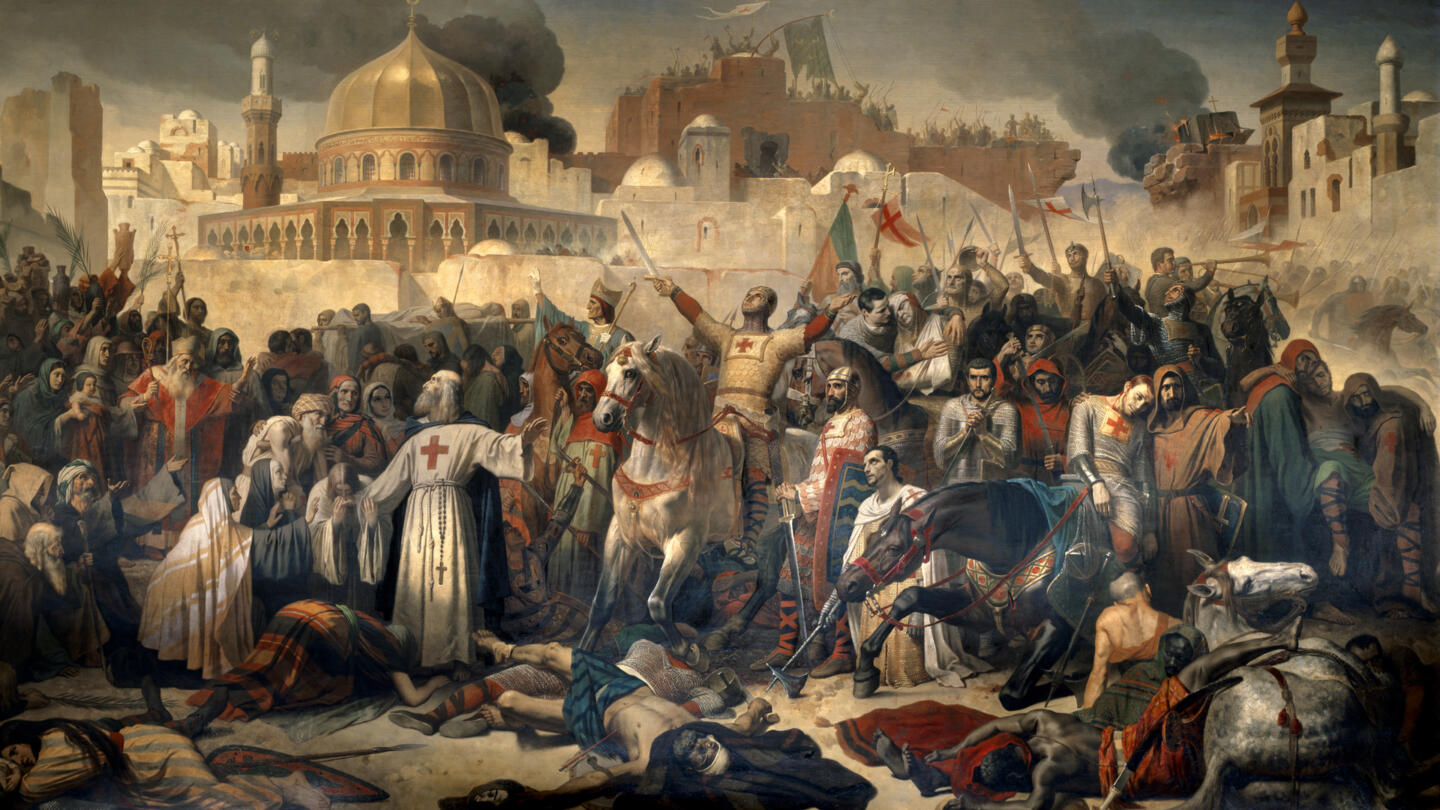Islam has a rich history marked by several significant events that have shaped its development and influence. The life of Prophet Muhammad (570-632 CE) is foundational, as he received revelations that form the Qur’an and established the first Muslim community in Medina, laying the groundwork for Islamic teachings and community life. The Hijra in 622 CE, Muhammad’s migration from Mecca to Medina, is a pivotal moment that marks the beginning of the Islamic calendar and signifies the transition from persecution to the establishment of a Muslim society. In Medina, Muhammad established a constitution that promoted peace among various religious groups, setting a model for justice and tolerance. Key battles, such as the Battle of Badr, were essential for the early Muslim community’s survival, instilling resilience and unity among followers. As the Muslim community grew stronger, the Treaty of Hudaybiyyah in 628 CE allowed them a period of peace with the Quraysh, enabling Islam to spread through trade and alliances. The eventual peaceful conquest of Mecca in 630 CE by Muhammad’s followers was a turning point, symbolizing forgiveness and the reclaiming of the Kaaba as a monotheistic sanctuary. After Muhammad’s Farewell Pilgrimage in 632 CE, where he delivered a sermon on justice and equality, Islam continued to expand rapidly under the guidance of the Rashidun Caliphs. Their leadership helped shape Islamic governance and legal systems, setting the foundation for a global civilization.
THE BATTLE OF
BADR

The Battle of Badr in 624 CE was crucial, showcasing early Muslim resilience against the Quraysh of Mecca and boosting the community’s morale. This was followed by the Treaty of Hudaybiyyah in 628 CE, a significant peace agreement that allowed Muslims to grow in strength and number, facilitating future pilgrimages to Mecca. The Conquest of Mecca in 630 CE marked a turning point, as Muhammad and his followers peacefully reclaimed the city, establishing Islam’s spiritual and political center.


